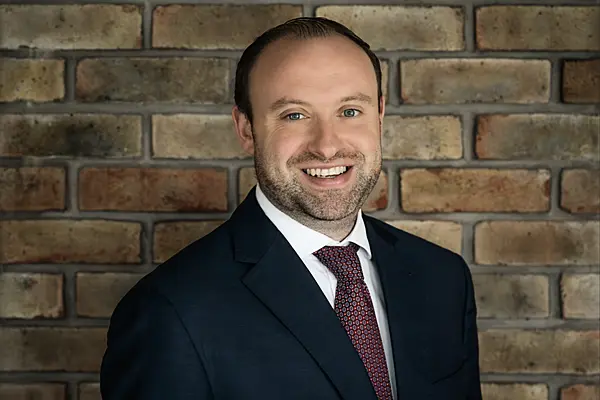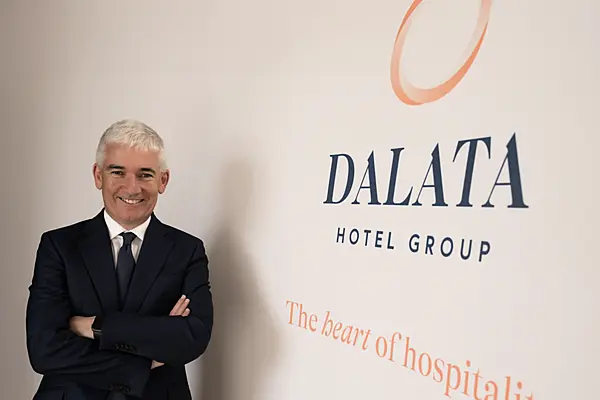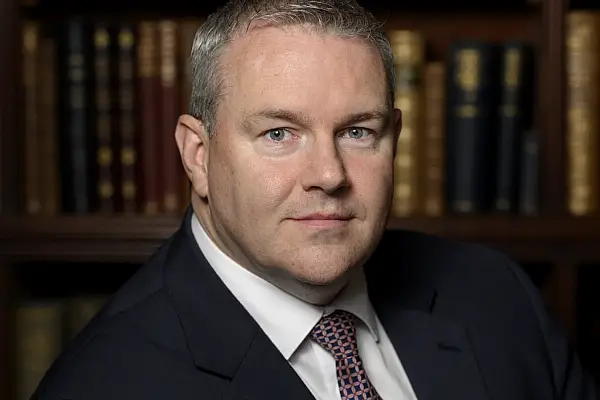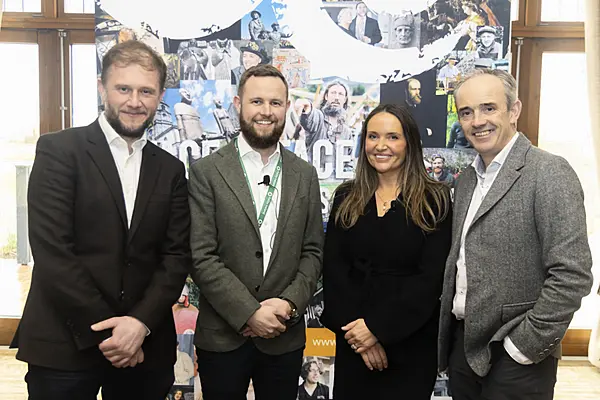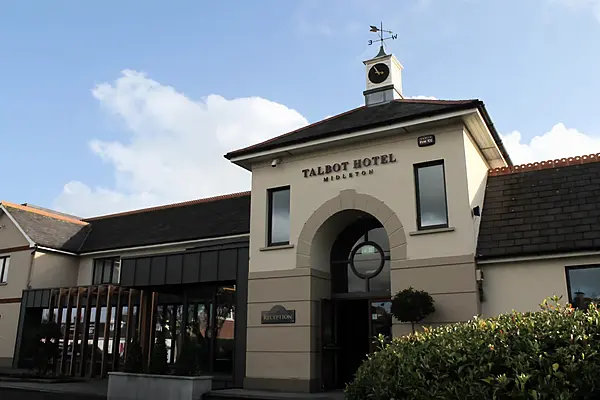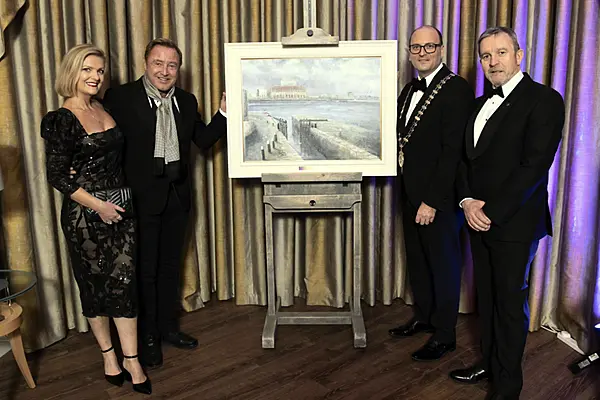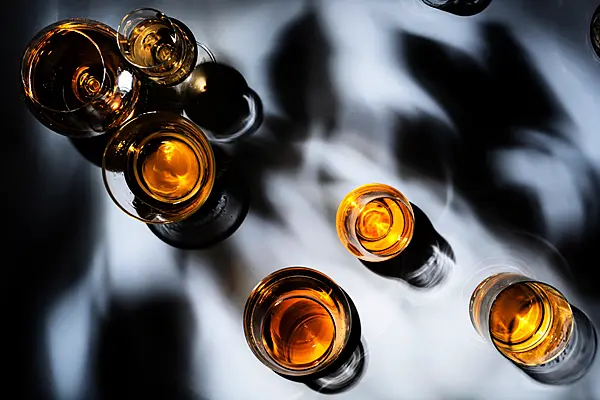The 2014 Irish Hotels Federation’s conference, which took place recently in Dublin, had a far more sanguine and optimistic air than their meeting 20 months ago. The economist, Professor Alan Ahearne, declared that though Ireland’s economic recovery is a “fragile” one, it is nevertheless well underway.
Ahearne spoke of how overseas visitors have been an economic boon for Ireland in recent years, and of how hotels’ debts are decreasing. He quoted a remarkable statistic that a quarter of the jobs created in Ireland in the last 20 months have been in the tourism industry, and urged the audience to create equity in the hotel industry.
Leo Varadkar, the Minister for Transport, Tourism and Sport, reiterated the importance of hospitality in Ireland’s economic recovery. He claimed the government’s reduction in VAT has boosted tourism significantly, and that common-travel-area visas for the UK and Ireland, which will be available to residents of China, will be of great importance in the future – elements of governmental action that we at Hospitality Ireland are fully supportive of.
Varadkar went on to talk about the success of the Gathering, and of the government’s generation of capital through turning Irish hotels into real estate. He said that 200,000 jobs could be created in the next few years if the current rate of growth is maintained. Events such as the Croke Park Classic (an American football event) and the Garth Brooks concert represent coups for the tourism industry: in the latter’s case, 25 per cent of the audience will come from overseas.
The Wild Atlantic Way programme has also proven to be very successful, something a colleague of mine can attest to having experienced several hundred miles of the southern section of the route only last month. It was chock-full of North American tourists, a segment of holiday-makers who are well-known to be amongst the highest spenders. It is the case, Varadkar claimed, that Ireland represents good value for money as a tourist destination, though this was not the case in the past decade: high exchange rates and rising prices hurt Irish tourism – particularly in terms of the number of Britons visiting. For the hotel market, he insisted that there must be more cooperation between the private and public sectors, and that retailers need to be included more in formal meetings about tourism.
In other positive news for the industry, Patrick Ryan – a senior property advisor with NAMA – spoke of how his organisation’s operations are slowing down. This, we were told, is largely owing to the role played by high-profile foreign investors such as John Malone and Donald Trump. Ryan stated that NAMA will continue to scrutinise the industry very closely, adamant that they will successfully offload more of the 153 hotels in Ireland that they own. In fact Brian Ross of Davy Corporate Finance praised Dalata Group’s methods of doing business, and how it is an example of Ireland’s attempts to reduce its sovereign debt. “Good management is one of the real keys to success for hoteliers,” he said.
With speakers discussing foreign investment, expansions and a general uplift in consumer sentiment, this was unlike many conferences we have been at lately to do with the hospitality industry. For example Tom Barrett, the head of hotels and leisure of Savills Ireland, said that the firm is enthusiastic about growing foreign investment in the Irish hotel industry. He spoke in very positive terms about the effect the Gathering has had on Irish tourism, and of the nation’s overall economic growth, tentative as this has been. Con Quigley, a partner of BDO Corporate finance echoed this sentiment, and gave a list of essential criteria needed for hotel-industry growth: location, fitness for purpose, capital structure, and management.


